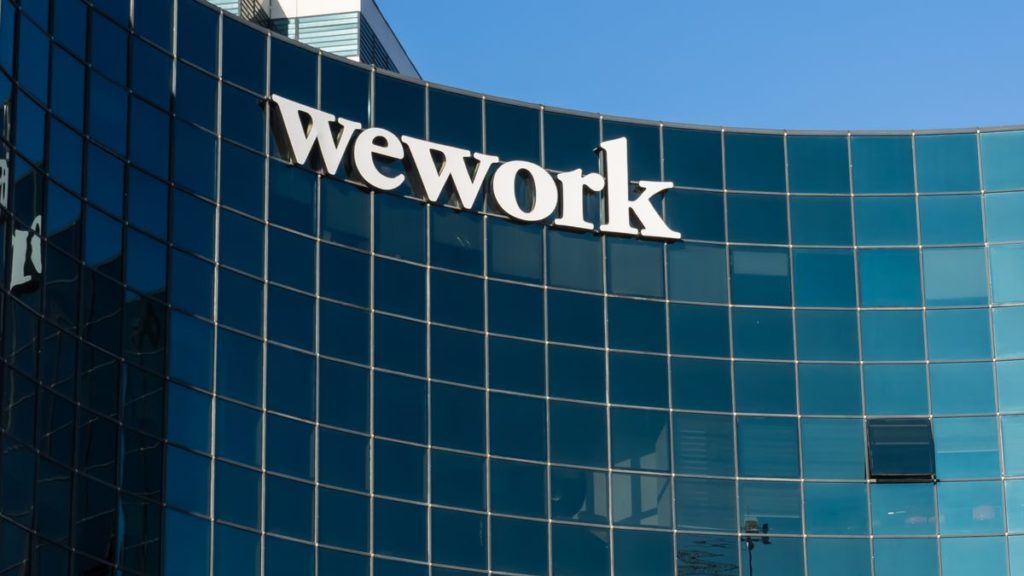SoftBank Group plans to pull out $3 billion additional shares bid in WeWork.

SoftBank Group is contemplating retreating out of a $3 billion bid to buy additional shares in WeWork because it thinks the office-space sharing business has not fulfilled the conditions of the contract, said people familiar with the matter on March 17.
The U-turn by SoftBank will be the latest blow to WeWork investors, who saw the company’s valuation plunged by tens of billions of dollars last year in the wake of a botched effort to go public and a cash crisis that threatened it with bankruptcy. SoftBank refused to comment and WeWork did not respond immediately to a request for clarification on the proposed withdrawal of the tender offer, previously published by the Wall Street Journal.
In October SoftBank proposed to acquire up to $3 billion of WeWork shares from existing investors in a tender offer as part of a larger bailout worth about $10 billion. WeWork’s funding has already been done, and Sandeep Mathrani, former chief executive of the retail group of Brookfield Property has been appointed by SoftBank as its new CEO.
SoftBank cited pending U.S. probes into WeWork’s business in a notice to WeWork shareholders. The Securities and Exchange Commission, and the United States Department of Justice, as well as a pause in recapitalizing the joint venture of WeWork in China as barriers to completion of the tender offer, the sources said.
SoftBank is to swap its stake in the joint venture with WeWork shares, under the conditions of the contract. Few investors in the joint venture are yet to commit to the agreement, but one of the sources suggests that the WeWork board members who arranged it think SoftBank will do more to complete it.
WeWork co-founder Adam Neumann, who drew scrutiny before being dismissed in September for his management of the organization as CEO, had secured the right to sell $970 million of his shares as part of the tender plan. The tender offer for the shares expires April 1, and the sources said SoftBank may let it lapse or prolong it.
Concerns about the effect of the coronavirus disease on WeWork’s company made SoftBank hesitant to continue with the tender offer was not immediately apparent.
SoftBank became the majority owner of WeWork and as a part of their agreement in October Neumann gave up voting rights over it and it was still not clear if that would stay the case should the tender offer fail.



















































































